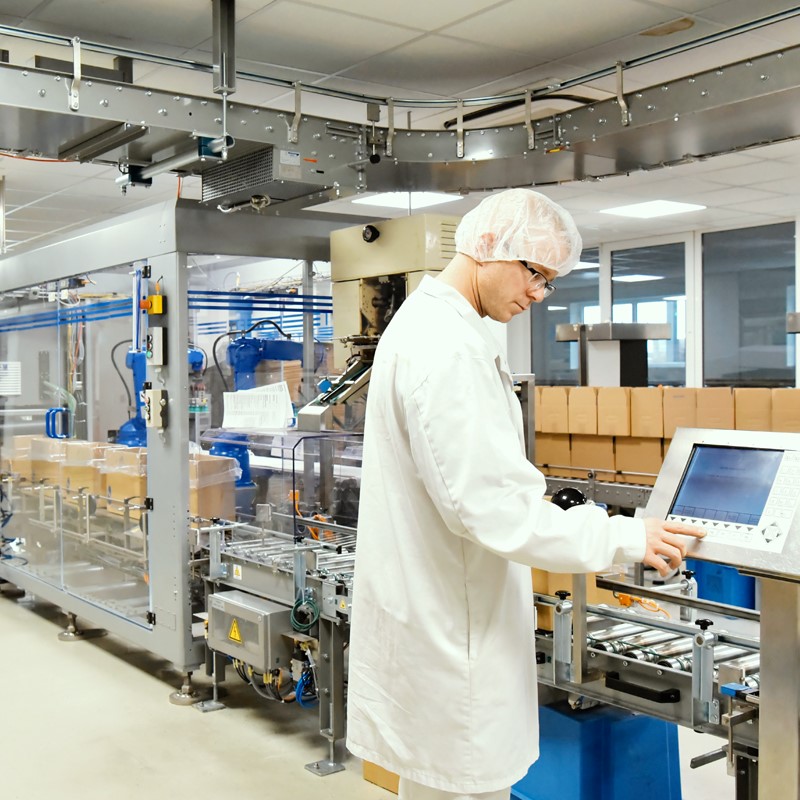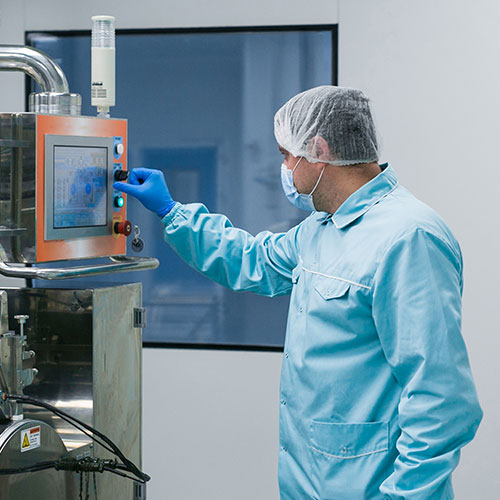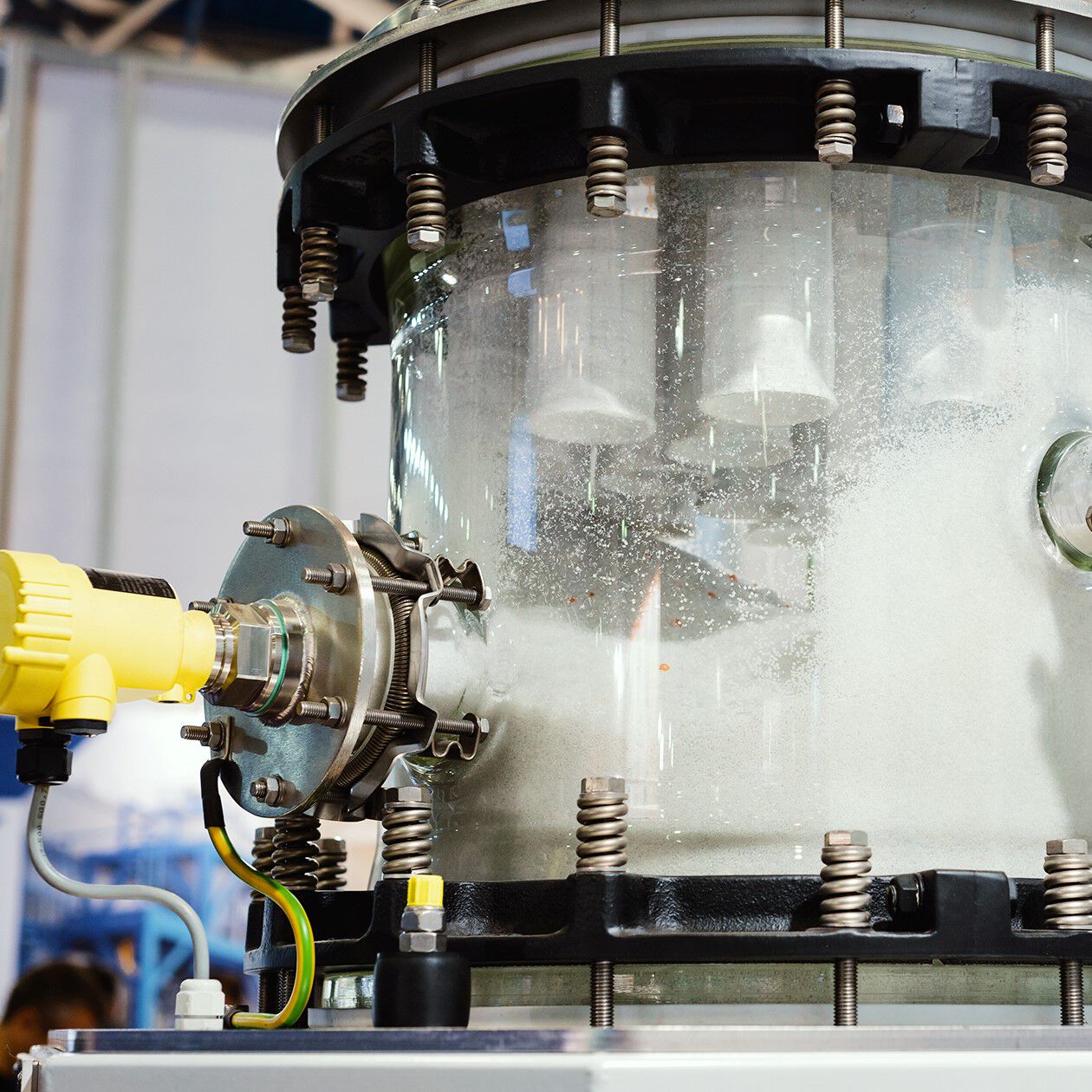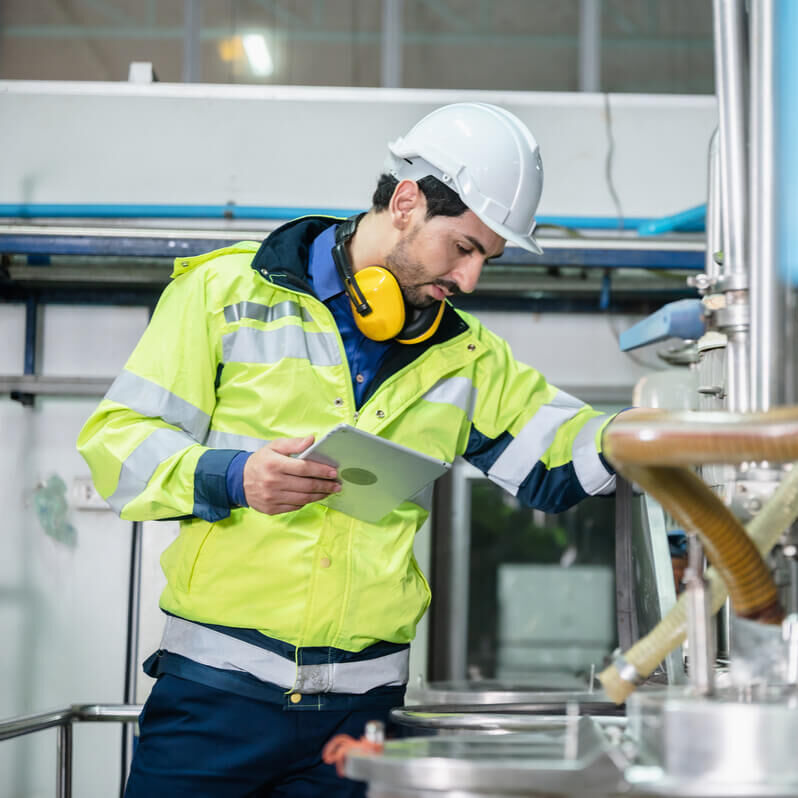Maintenance Excellence in the chemical industry
In the chemical industry, machines and systems and the technologies required to operate them account for a significant proportion of the company's value. At the same time, they determine the performance level of an organization. Compared to other industries, the proportion of personnel required to control and maintain machinery and equipment is lower, as this is done automatically and via a central control room.
To take account of the special role of technology, this is carried out at the same level of responsibility as production – for example in the form of a "tandem" of production plant manager and technical plant manager. Ensuring a good plant condition is a critical element for success in the industry, both from a safety and performance point of view. This results in special requirements about mechanical integrity and inspections, but also the targeted elimination or avoidance of technical downtimes.
Planning processes and assessing risks
Two "levers" are particularly important in this context: firstly, efficiency in day-to-day business. This concerns, for example, the fastest and most efficient repair process possible, which is supported by a lean order management process that is integrated with production. At the same time, the degree of planning is elementary. In the chemical industry in particular, preparation and scheduling are the be-all and end-all when it comes to using different trades as efficiently as possible. As a rule of thumb, unplanned measures are around two to three times more expensive than planned measures.
The second major lever lies in effectiveness. Here, companies must ensure that failures do not occur in the first place. These forward-looking activities often need to be decoupled from day-to-day business to a certain extent so that these issues receive sufficient attention. Structured risk assessment and bad-actor analyses can help to develop differentiated maintenance strategies and, supported by digital tools, for example, set them up in a cost-optimized manner.
Improving efficiency and effectiveness in maintenance
Despite the high relevance of maintenance, it is developed to varying degrees of maturity in companies. Three "basic elements" offer opportunities for improvement: firstly, the establishment of relevant and lean KPI structures and associated performance management. The second basic module is the order management process. Its smooth functioning requires meaningful notifications, correct prioritization and timely provision of equipment on the part of production. Thirdly, there is a professional planning process that makes optimum use of the various resources and is agreed between engineering and production.
With a view to effectiveness, the objective evaluation of system criticality and bad actors in particular opens up the possibility of defining differentiated maintenance strategies. Where this makes economic sense, digitally supported, condition-based maintenance approaches, for example, offer opportunities to optimize costs and increase plant availability.
Further services for the chemical industry









